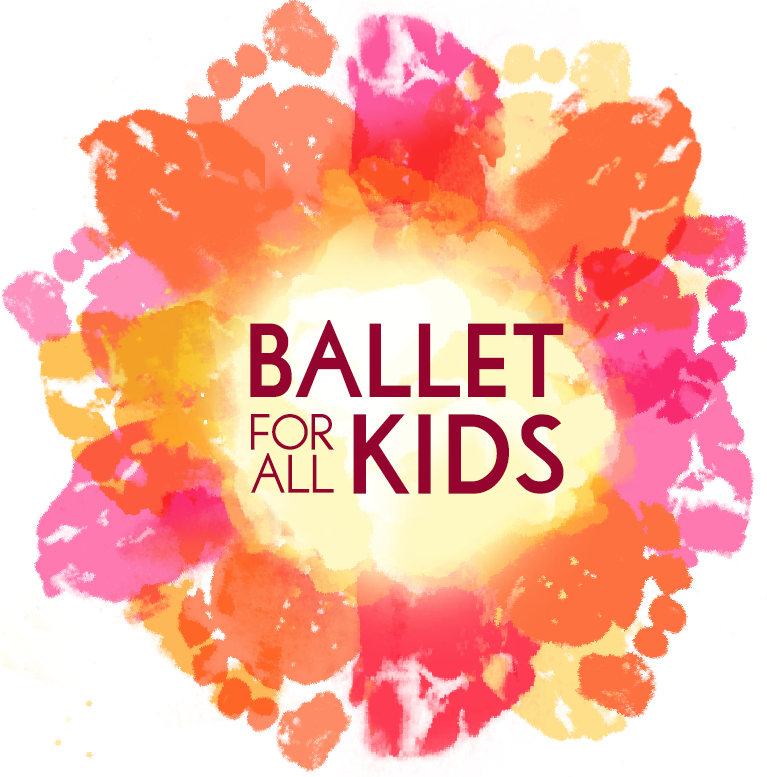All I Really Needed to Know I Learned in Ballet
The more I teach ballet the more I realize how much ballet has to teach. Ballet has given me a philosophical foundation for many of my life lessons. In teaching my students, I have come to understand that the lessons learned don’t just apply to the ballet studio but to life in general. And those lessons serve you well outside of the realm of ballet.
Preparation – show up
In every ballet class, the teacher tells the students to “prepare” before each exercise. To “prepare” means, you get your feet in the right position, engage your muscles, and focus on the exercise. “Prepare” is the equivalent to “on your mark, get set” before the “go” in a race. I have always used the “prepare” to take the time to focus and be ready for the task at hand. I think of the preparation as showing up with mind, body and spirit – having an attitude that I will try my best and be as engaged as possible in the task at hand. I have found that those tasks in life that I “prepare” for generally turn out the way I expect with less bumps along the way. When I show up with a positive, learning attitude with my mind, body, and spirit in the right place, I am better able to navigate what life throws my way.
Learn from the mistakes of others – take and apply feedback
I learn from mistakes. Not just my own but of those around me. And I take correction well. If someone else is being corrected in ballet class, you listen to the correction and see if it applies to your own dancing. If a teacher takes the time to correct your movement, you accept the gift of correction with grace and make sure you apply the advice every time you dance. In ballet class, it is expected that a teacher only needs to give you the correction once and then you apply the lesson moving forward. It’s how you succeed as a dancer. Again, in life, you get so much farther, quicker when you accept feedback and learn from everyone’s mistakes.
When you fall, get up – don’t make excuses
Dancers fall or make mistakes all of the time in class but they always keep dancing. They don’t stop to make excuses or to blame others for the fall or mistake. People will accidentally run into you or cause you to trip, your shoe will get stuck to the floor, sometimes your body won’t do what it is asked – oh, well, that’s life. I’ve learned that if you don’t stop to make excuses or complain, you get more out of life. In the long run, people will respect you more.
Respect
Dancers respect the art form and class etiquette, they respect those that have danced before them and are taking the time to pass on the art form, they respect the space, and they respect the other dancers. Respect is essential in dance as it is in life. You have to trust and respect those around you and those teaching you. You have to treat the studio as a sanctuary of learning. The respect given and received in the dance studio keeps everyone safe and allows growth and potential to blossom. The same is in life – if you respect others, your space, and your mentors, you will have a space in which true learning and growth can occur. It comes naturally as a by-product of respect.
Hold on to your center
Dancers know that their core – the core of their body – needs to stay strong and engaged in order to move through space with ease and grace. If their core is strong, they can jump higher, complete more revolutions when turning, and balance in any position. All movement comes from the core and extends outward. The core is the grounding force that allows dancers to soar. Of course, this is so true in life. Knowing your core in your body and spirit helps you move through life with a sense of ease and grace. It isn’t that it becomes easy – it’s just easier to balance and maintain a sense of strength.
These are just a few of the many lessons that ballet teaches us – lessons that can shape a person’s life for the better. And as my journey with this lovely art form continues, I look forward to continually learning what life lessons it imparts.
-Bonnie Schlachte, Founding Director of Ballet For All Kids

